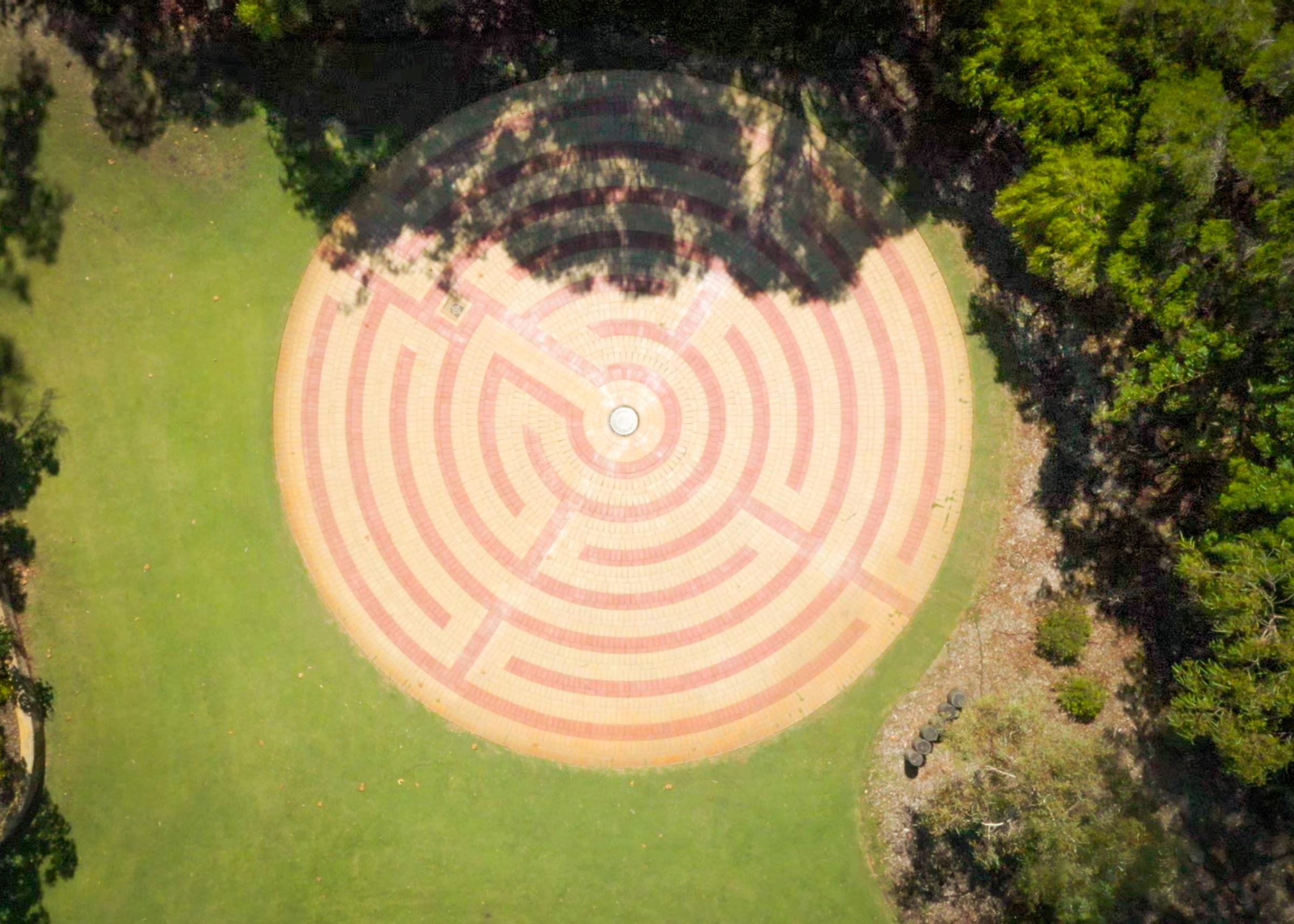Liturgy

Community Liturgy
Thank you to Ward & Campion Houses for preparing the Community Mass this morning. Special thanks, also, to Fr Richard Rutkauskas who was our guest presider, during Fr Rodrigo’s absence.
Next Friday’s Mass will be prepared by students in Year 10 who are working towards going on Pilgrimage in 2021.
Families are welcome to attend Community Mass. While adults are required to ‘socially distance’ people from the same household may sit together. Social distancing is also not required for students.
Special Community Celebration
Friday 4 September, our liturgy will relocate to the St Louis Sports Centre and will begin at the earlier time of 7:30am. This is to allow our dads to join us as we pray for them and with them in the lead up to Fathers’ Day on Sunday.
Community Mass Summary
- Every Friday
- 8:00am – 8:30am
- College Chapel
- Exception: Friday 4 September 2020
SACRAMENT PROGRAM
Sacraments during the Phase-4 Roadmap
Archbishop Timothy Costelloe has advised that “the celebration of First Reconciliation (school-aged children) and First Holy Communion (school-aged children) may recommence.” When the Phase-5 Roadmap is adopted there will be further updates from the archdiocese. The Archbishop’s statements may be viewed here.
What does this mean for my child in Year 3 or 4?
The students have completed the required units of work in the Religion curriculum and have received certificates so they may be enrolled in parish sacrament programs.
My parish is not offering a sacrament program yet.
Each parish within the archdiocese is a unique community, responding to the pastoral needs within the parish.
I have a child in Year 6: will there be Confirmation this year?
The Archbishop has advised “Confirmation (school-aged children) remains temporarily suspended.” You are advised to enroll in your parish, pending further easing of restrictions
I need more information; where can I get it?
- See below for updates provided by some of our ‘local’ parishes;
- If your nearest parish is not listed, search the Archdiocesan website;
- Check the information available on the College website.
- Contact Mary-Anne Lumley mary-anne.lumley@cew.edu.au on 08 9383 0513.
Updates from local parishes
SAINT THOMAS APOSTLE, CLAREMONT
First Communion Friday 4 September, 5:30pm
Reconciliation 4 and 5 November, 3:30-4:30pm
Contact: silvia.kinder@cewa.edu.au
OUR LADY OF THE ROSARY, DOUBLEVIEW
First Communion Saturday 17 & 24 October, 6:00pm, Sunday 18 & 25 October, 10.00am.
Contact: Kaye Shervington, doubleview@perthcatholic.org.au
OUR LADY OF GRACE, NORTH BEACH
Reconciliation 27 October
Contact: Sheralee Allen, north.beach@perthcatholic.org.au
IMMACULATE HEART OF MARY, SCARBOROUGH
First Communion 23 August
Contact: Fr Grant Goddard, scarborough@perthcatholic.org.au 08 9341 1124
HOLY SPIRIT, CITY BEACH
Reconciliation 22 August
First Communion 29 & 30 August
Contact: delattrecn@yahoo.fr or phone Parish Priest, Fr Emmanual-tv Dimobi, 08 93413131.
ST JOSEPH, SUBIACO
The Parish of St Joseph regrets to advise that (due to their unique situation) in order to comply with both State Government and Archdiocesan Guidelines, they are unable to have the Sacramet program and Masses in 2020. They look forward to being able to publish, in due course, their enlarged program for 2021.
Contact: sacraments@stjosephssubiaco.org.au
SAINT CECILIA, FLOREAT
Contact: Rita Morgan, floreat@perthcatholic.org.au
STAR OF THE SEA, COTTESLOE
Contact: cottesloe@perthcatholic.org.au
GOOD NEWS for the 20th Sunday in Ordinary Time
Matthew 15: 21-28 “Woman, you have great faith”
The reflection for this Sunday’s Gospel is from Father Michael Tate and is used with permission. Rev. Prof. Michael Tate was a Senator for Tasmania from 1978-93 and Ambassador to The Hague and the Holy See from 1993-96. He is currently Vicar-General in the Archdiocese of Hobart and is an Honorary Professor of Law at the University of Tasmania where he lectures in International Humanitarian Law.
All of us are aware of the atrocities being committed [by fundamentalist religious groups]. We can hardly imagine the diabolical hatred between religious and ethnic groups which could lead to such descent into barbarism. On a lesser scale, differences between ethnic or religious groups can lead to profound chasms of intolerance opening up between them.
In our Lord’s time, the division between Jews and Pagans was very profound. Pagans (most often called gentiles), were outside the chosen people, the children of God, and there was a long history of antagonism. This is the setting for the remarkable gospel story. A pagan woman approaches a Jewish man: Jesus. The disciples react to a woman causing a commotion. She is causing a commotion, but for a good reason. She begs Jesus to heal her daughter with whom she maternally completely identifies: ‘Have mercy on me.’
He comments: ‘I was sent only to the lost sheep of the House of Israel.’ He is confirming his healing mission to the Jews. She and her daughter don’t qualify! What is going on?
We know that the Prophet Isaiah was a great favourite and exemplar for Jesus. Jesus could open a scroll and quote passages which guided his own understanding of his mission. Jesus had evidently taken Isaiah’s picture of a transformed Jewish people being a light to the pagan nations who would then be attracted to worship God in the right way. That is the two-stage sequence which Jesus has embarked on.
Jesus therefore gives a very dismissive answer to the woman: ‘It is not fair to take the children’s bread and throw it to the house dogs.’ The children are obviously the Jewish people, and so Jesus’ response is very confronting. This remarkable woman, this remarkable pagan woman, stands her ground and engages in a verbal joust with Jesus! She decides to give him as good as she got! She argues: ‘Yes, Lord, but even the house dogs get the crumbs that fall from their master’s table.’ What a fantastic response! Jesus recognises her faith and the daughter was healed.
What a fantastic woman! She, a pagan woman, helped Jesus see that his liberating mission, his healing, saving mission, was not a careful two-stage affair, Jews first, pagans later. His saving mission was for all those who had faith in him – wherever and whenever.
This story was treasured and remembered in the early church and then put into writing in the Gospels. Why? Because the biggest crisis facing the early church was relations between Jewish Christians and possible pagan converts who wanted to be followers of Jesus. This story would have been told to show how Jesus extended his saving mission to non-Jews in Pagan territory.
That is good news for us, Gospel for us, Gospel for billions of non-Jewish people over the course of history since then and into the future. That is why we are truly ‘Catholic’, which is the Greek for ‘universal’, ‘world-wide’.
This woman is the one whose story was treasured as opening up the Church to being truly universal – a home for all people – a place where the ‘whole’ of humanity can be made ‘whole’ in every way. That is what it means to be ‘Catholic’.
© Michael Tate


